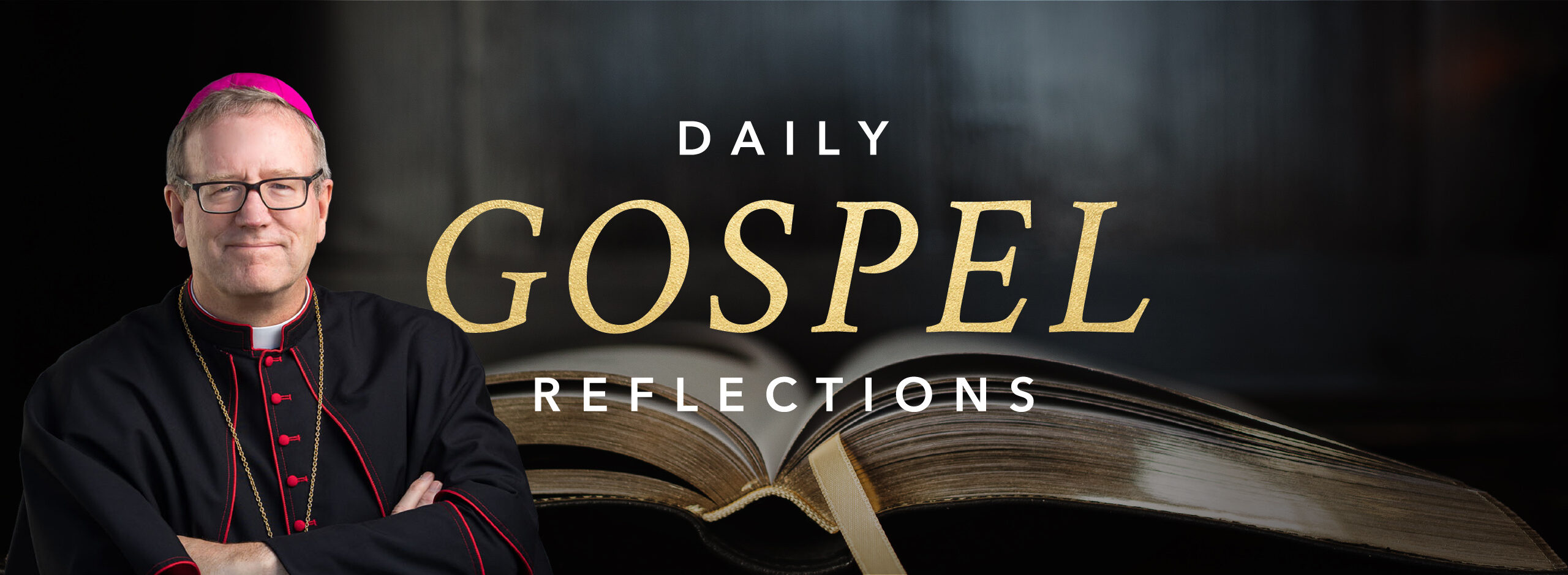Friends, the story of Zacchaeus recounted in today’s Gospel is a particularly clear example of one of the most basic principles in the spiritual life—namely, that moral reform follows rather than precedes the arrival of grace.
Most of us are in the grip of what Thomas Merton called “the Promethean attitude.” This is the view that, just as Prometheus had to steal fire from the gods, we have to earn the divine love through the heroic living out of certain moral demands. But this is getting things precisely backward. God’s grace always comes first—and often unbidden and unexpected. Then it works—with the recipient’s cooperation—a thorough renewal.
Zacchaeus is described as a chief tax collector, which means he was a bad man indeed. He did not merit the inrushing of grace. But the Lord accepted Zacchaeus, even though he was unacceptable.
And from this invasion of grace came a moral reformation. The tax collector didn’t merit Jesus’ love with his display of moral excellence; rather, his display of moral excellence followed from Jesus’ unmerited love. To get this principle right is to get practically the whole of the spiritual life right.
